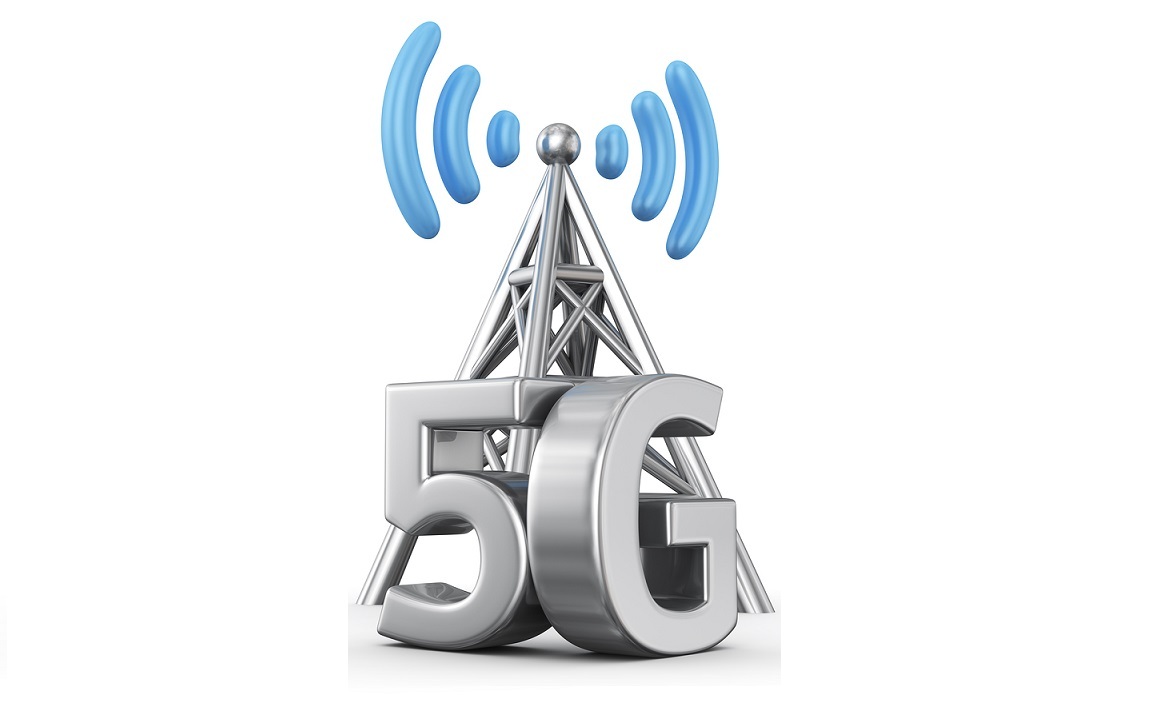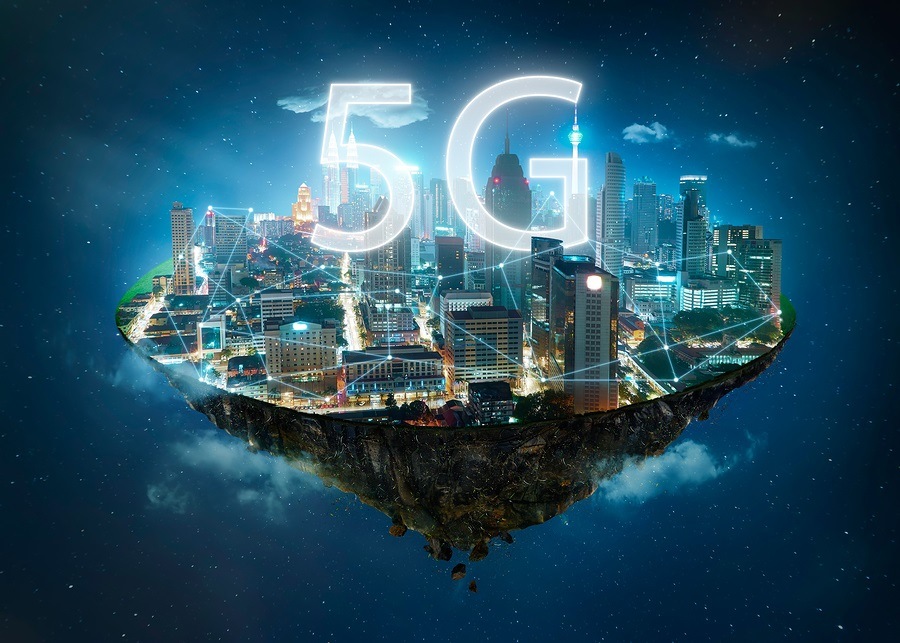New Legislation will Help Communities Control how 5G Gets Implemented
New bills in the House and Senate will roll back FCC regulations that prevent local communities from having input over how 5G networks get installed in their towns. We must encourage our elected officials to support this legislation, and more importantly, urge them to halt the expansion of 5G networks until more safety studies are done. The federal bills roll back FCC rules that put a strict time limit (90 days) on cities to review small-cell site applications and limit the amount of money cities can charge cable companies for using public infrastructure. As you’ll recall, 5G networks require installing “small cells” all over neighborhoods and cities. These small cells include antennas, power supplies, electric meters, switches, bundles of cables, and boxes—all strapped to streetlights and utility poles. Some have refrigerator-sized containers on the ground. These cells are supposed to be placed every 500 feet along residential streets and through commercial districts. The major problem with 5G networks is the radiation emitted by all these small cells. There are already concerns about ubiquitous cell phone usage with current 4G networks; 5G networks exponentially compound these problems.






